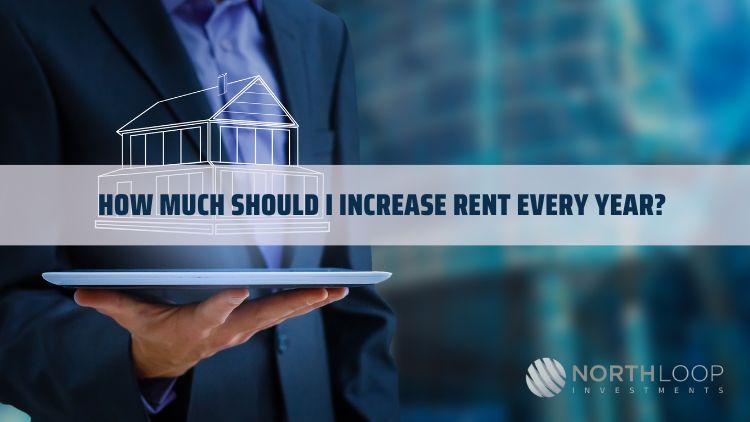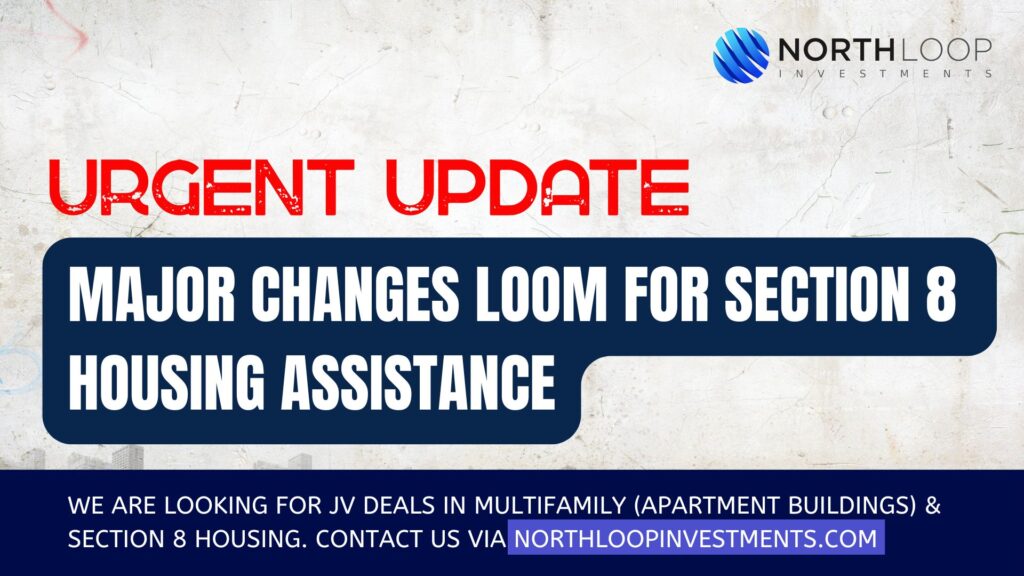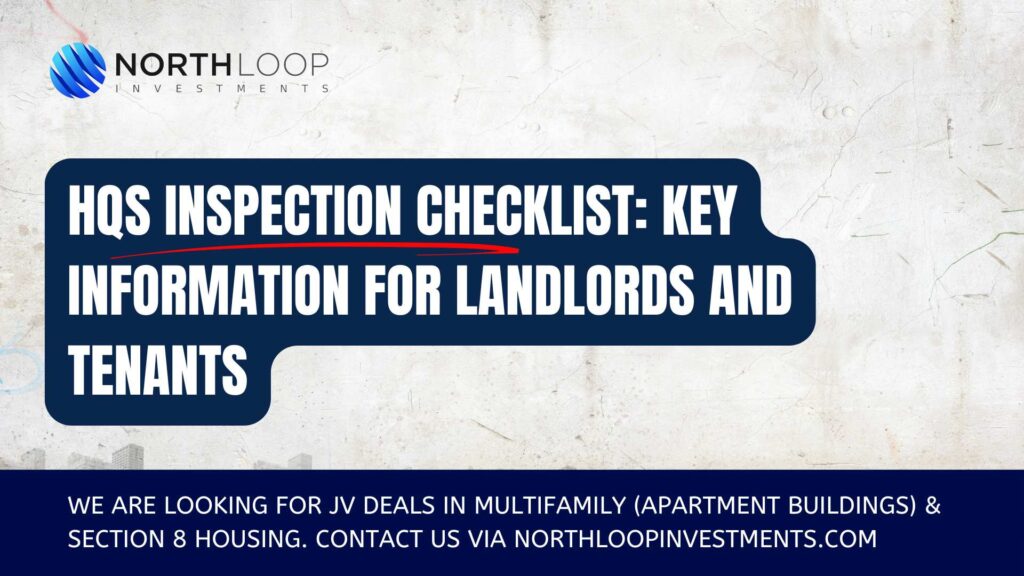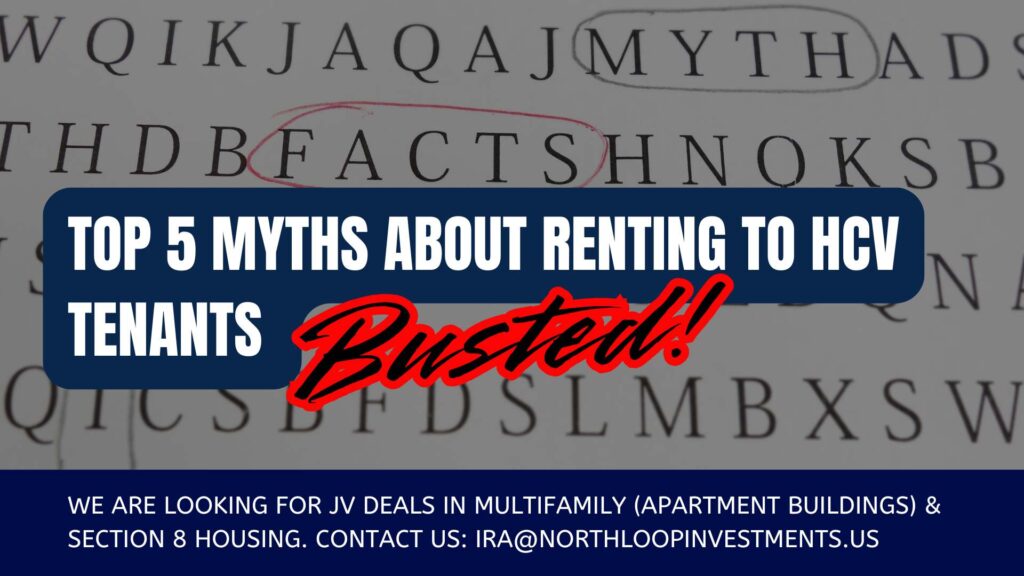Determining the optimal rate at which to raise rent is a critical decision that directly impacts both property owners and tenants. At [Your Company Name], we understand the intricacies involved in this process and aim to provide you with a comprehensive guide to help you make informed decisions that balance profitability with tenant satisfaction. In this article, we delve deep into the factors that influence rent adjustments, offer practical strategies, and provide actionable insights to empower you as a property owner.
Understanding the Rent Adjustment Landscape
Before delving into the specifics of rent increase strategies, it’s imperative to grasp the broader context that shapes these decisions. The real estate market is influenced by various external and internal factors that can impact rental income and property value. These include:
Market Trends and Economic Conditions
The state of the local and national economy plays a significant role in determining rent increases. Analyzing market trends, such as supply and demand for rental properties, employment rates, and inflation, provides valuable insights into whether the market can support higher rents.
Property-Specific Factors
Each property is unique, and its attributes can influence the decision to raise rent. Factors such as location, property condition, amenities, and neighborhood developments all contribute to the property’s perceived value, which in turn affects the feasibility of rent adjustments.
Crafting a Well-Planned Rent Increase Strategy
- Thorough Market Research and Analysis To effectively outrank competitors and make well-informed decisions, comprehensive market research is paramount. By analyzing comparable rental properties in your area, you can gain valuable insights into prevailing rental rates. This research empowers you to position your property competitively while justifying any proposed rent adjustments.
- Gradual Incremental Increases Implementing small, incremental rent increases over time is often preferable to large, sudden adjustments. Gradual raises are more palatable for tenants and reduce the risk of vacancy due to drastic changes in rent.
- Value-Added Enhancements When proposing a rent increase, it’s beneficial to highlight recent property improvements or additions that enhance the tenant experience. Renovations, upgrades, and new amenities contribute to the property’s value proposition, justifying higher rent.
- Flexible Lease Terms Offering flexible lease terms, such as longer contracts, can provide tenants with stability while also allowing you to implement incremental rent increases over an extended period. This approach fosters a win-win situation for both parties.
Conclusion
In the ever-evolving world of real estate investment, determining the optimal rate at which to raise rent requires a strategic approach that balances profitability and tenant satisfaction. By conducting meticulous market research, fostering transparent tenant communication, implementing gradual incremental increases, emphasizing value-added enhancements, and offering flexible lease terms, you can position your property for success while outranking competing articles.
Remember, rent adjustments are not solely about financial gain; they’re an opportunity to enhance the tenant experience, contribute to community development, and secure the long-term profitability of your investment.
At NorthLoop Investments, we’re committed to empowering property owners with the knowledge and insights needed to navigate the complex landscape of rent adjustments. Contact us today to learn more about how we can assist you in achieving your real estate goals.








